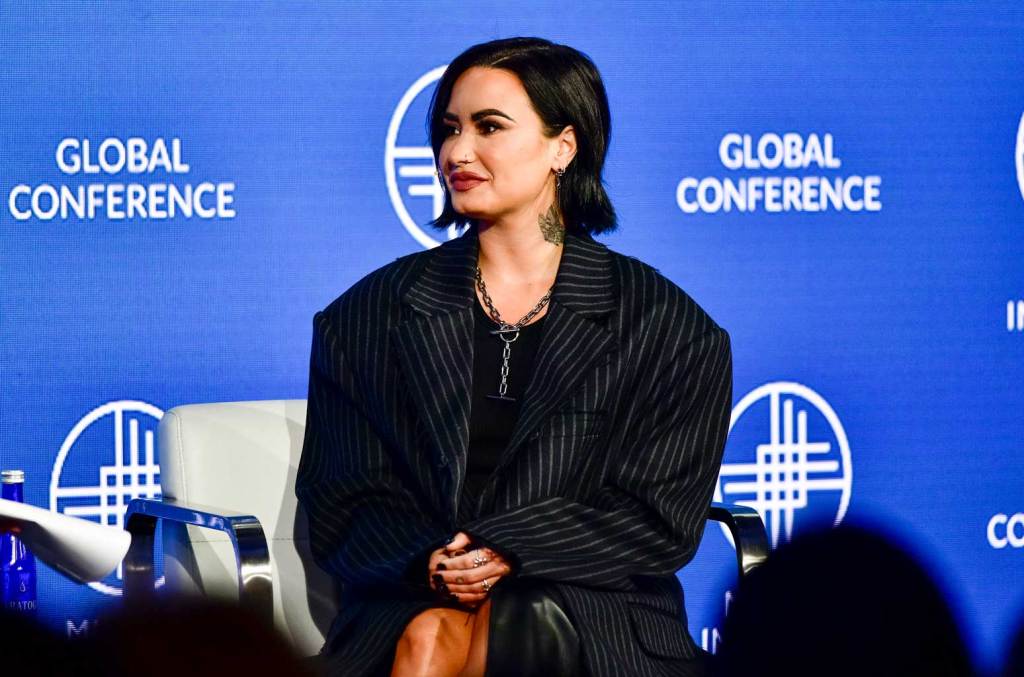
Jerod Harris/Getty Images
May is Mental Health Awareness Month, and Demi Lovato is continuing to use their platform to shed light on their difficult journey with eating disorders, suicidal ideation and substance abuse.
Explore
Explore
![]()
See latest videos, charts and news
See latest videos, charts and news
“The very first time that I went to treatment was when I was 18,” Lovato told NBC News NOW’s Savannah Sellers in an interview on Thursday (May 18). “I went from my eating disorder, and I went for self-harm and emotional issues. And when I came out with that experience, I was faced with the decision of either ‘keep your mouth shut and not say anything’ or ‘share your experience strength and hope with another person in hopes that it affects them in a positive way.’”
They continued, “I wanted to help others. I wish that I had somebody when I was 13 years old and having an eating disorder and starving myself. I wanted somebody in the public eye to say that ‘Hey, this is what I’ve gone through, and you don’t have to choose that route.’”
Lovato also revealed that a lot of her distorted body image perception began at a young age, given that the public was focused on promoting unrealistic beauty standards. “When you’re looking at images of people with perfect bodies, you start to look at yourself, and you start to pick yourself apart, and it’s hard to grow up in a world where that’s right in front of your face and at your fingertips at all times,” they recalled. “I grew up in a period of time where young Hollywood was very, very, very thin, and that was the look, and I think that had a really negative impact on my eating just on my mental health, which I think fed into my eating disorder.”
As for today’s young adults, Lovato wants to spread the message that it’s OK to ask for help when needed. “I want them to know that talking to people and asking for help is more than OK and is absolutely what you should do,” they said.
If you or someone you know is battling an eating disorder, please contact the National Eating Disorders Association (NEDA) at 1-800-931-2237 or go to NationalEatingDisorders.org.

